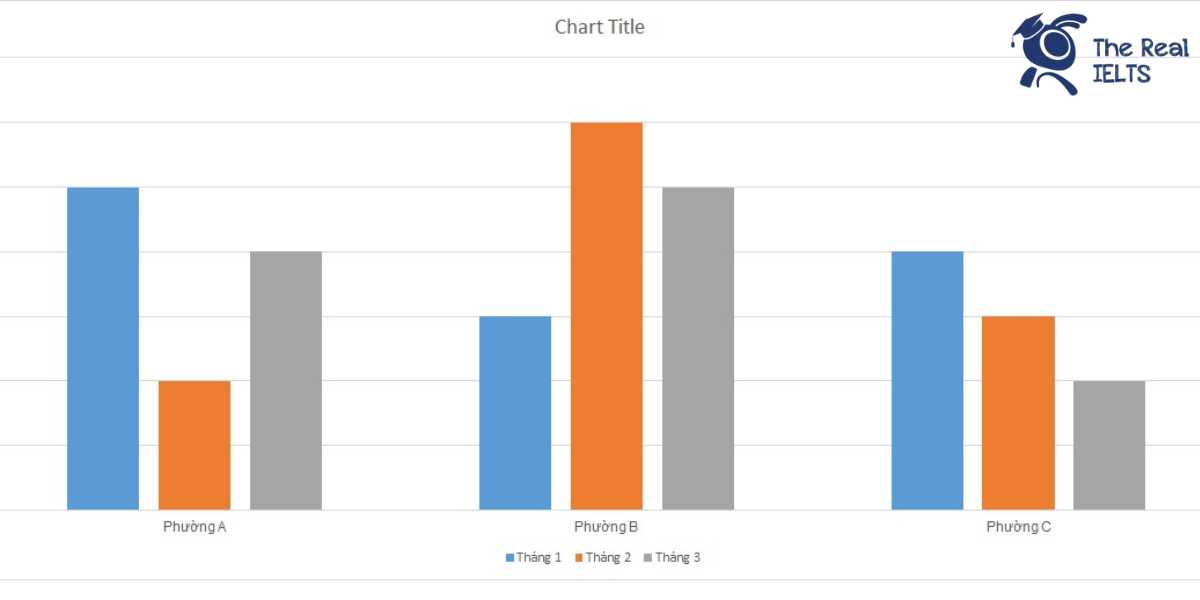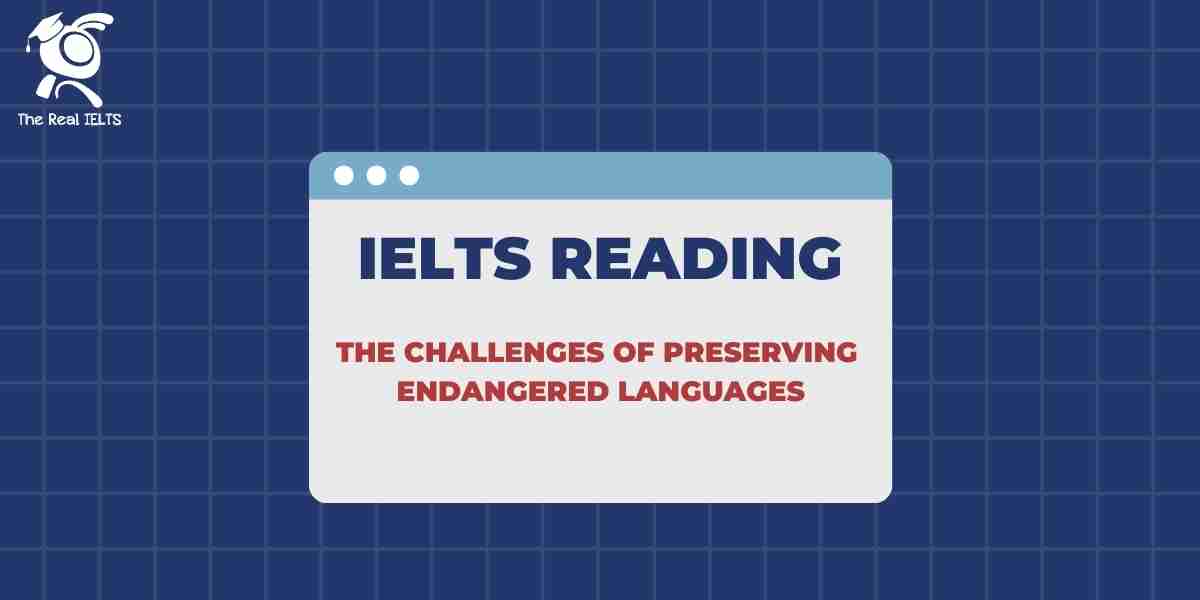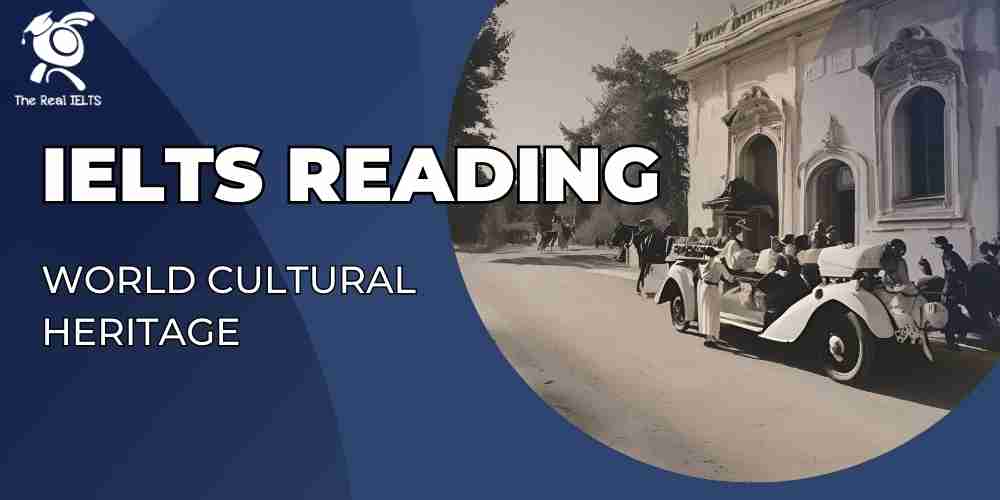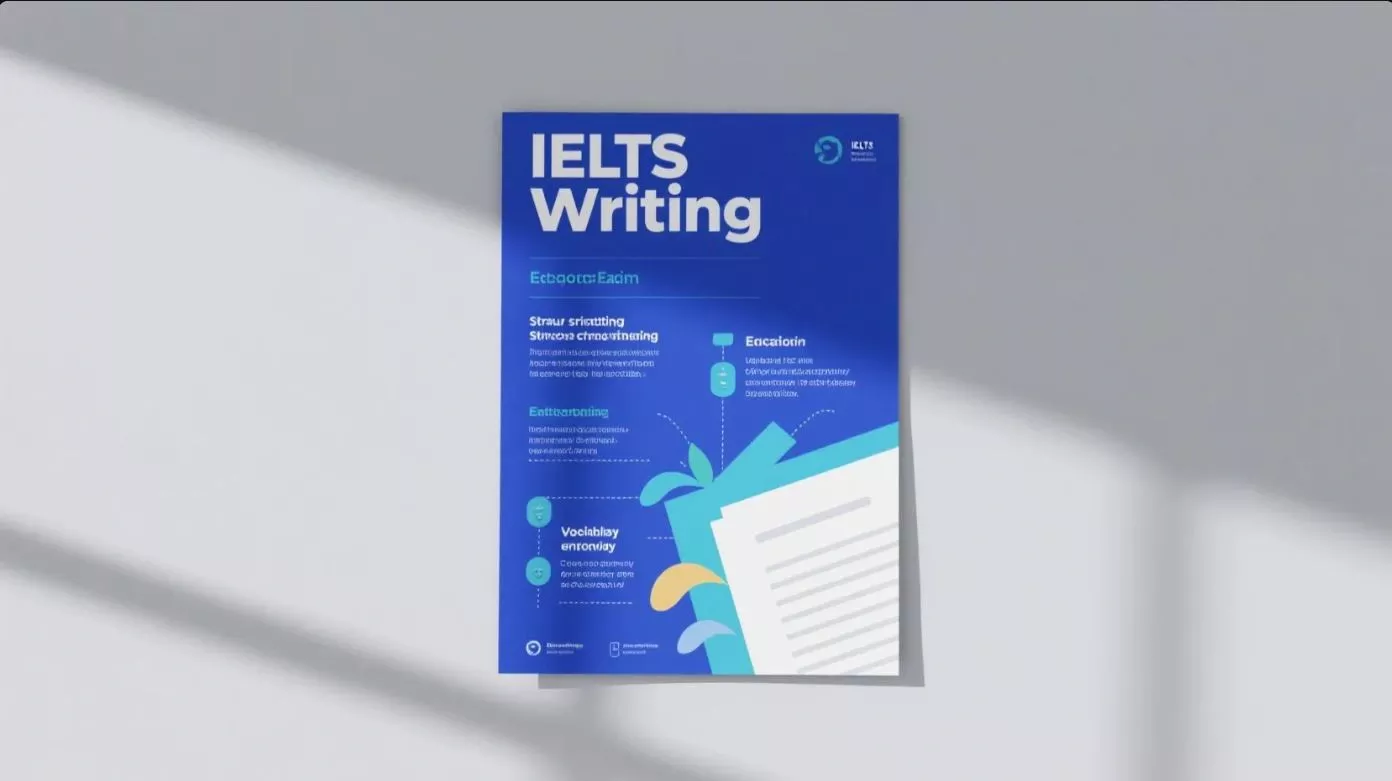Đề bài IELTS Writing task 2 dạng 2-Part slow travel
You should spend about 40 minutes on this task
The concept of slow travel is becoming more popular. What are the reasons for this? How can people research this?
Write at least 250 words.
Bài mẫu IELTS Writing Task 2 dạng 2-Part
The concept of slow travel, which emphasizes a more deliberate and immersive travel experience, is increasingly gaining popularity. This trend reflects a shift in how people perceive travel, moving away from fast-paced, checklist-style tourism toward a more meaningful and sustainable approach. This essay will discuss the reasons behind this growing trend and suggest ways in which people can research slow travel effectively.
One of the primary reasons for the rise of slow travel is the increasing awareness of the environmental impact of traditional tourism. As people become more conscious of their carbon footprint, they are seeking ways to reduce it. Slow travel often involves staying longer in one place, using public transportation, and minimizing air travel, all of which contribute to a lower environmental impact. Additionally, the pandemic has influenced people’s travel preferences, with many now prioritizing safety, comfort, and well-being over the rush of ticking off tourist destinations. Slow travel allows for a deeper connection with the local culture, providing travelers with richer experiences and a sense of fulfillment that fast travel cannot offer.
Another reason for the popularity of slow travel is the growing desire for authentic experiences. In a world where mass tourism often leads to overcrowded attractions and superficial encounters, slow travel offers an alternative by encouraging travelers to engage more deeply with local communities, traditions, and landscapes. This approach not only benefits the traveler but also supports local economies and helps preserve cultural heritage.
To effectively research slow travel, people can start by exploring online resources such as travel blogs, forums, and websites dedicated to sustainable tourism. These platforms often provide valuable insights, tips, and recommendations from experienced slow travelers. Additionally, reading books or watching documentaries on slow travel can offer a more comprehensive understanding of the concept. Travelers can also reach out to local tourism boards or agencies that specialize in slow travel to gather personalized information and advice.
In conclusion, the growing popularity of slow travel can be attributed to increasing environmental awareness and the desire for authentic, meaningful experiences. To embrace this trend, individuals can research through online resources, literature, and local experts. While slow travel may not be suitable for everyone, it offers a valuable alternative to conventional tourism for those seeking a deeper connection with the places they visit.
Thống kê cấu trúc câu và cấu trúc ngữ pháp
1. Cấu trúc câu:
- Simple sentences (Câu đơn):
- “This trend reflects a shift in how people perceive travel.”
- “Slow travel often involves staying longer in one place.”
- Compound sentences (Câu ghép):
- “This essay will discuss the reasons behind this growing trend and suggest ways in which people can research slow travel effectively.”
- “Another reason for the popularity of slow travel is the growing desire for authentic experiences, and this approach not only benefits the traveler but also supports local economies.”
- Complex sentences (Câu phức):
- “As people become more conscious of their carbon footprint, they are seeking ways to reduce it.”
- “While slow travel may not be suitable for everyone, it offers a valuable alternative to conventional tourism for those seeking a deeper connection with the places they visit.”
- Compound-complex sentences (Câu ghép phức):
- “As people become more conscious of their carbon footprint, they are seeking ways to reduce it, and slow travel often involves staying longer in one place, using public transportation, and minimizing air travel, all of which contribute to a lower environmental impact.”
2. Cấu trúc ngữ pháp:
- Present simple tense: “The concept of slow travel is becoming more popular.”
- Present continuous tense: “Slow travel is increasingly gaining popularity.”
- Present perfect tense: “The pandemic has influenced people’s travel preferences.”
- Passive voice: “Slow travel often involves staying longer in one place.”
- Relative clauses: “Another reason for the popularity of slow travel is the growing desire for authentic experiences, which are often lacking in mass tourism.”
- Conditional sentences: “While slow travel may not be suitable for everyone, it offers a valuable alternative.”
3. Từ kết nối (linking words):
- Để nối các câu hoặc đoạn:
- This trend: Dùng để giới thiệu sự thay đổi được thảo luận.
- Additionally: Dùng để thêm ý tiếp theo liên quan.
- Another reason: Dùng để liệt kê lý do khác.
- As a result: Để chỉ kết quả hoặc hậu quả của hành động.
- In conclusion: Dùng để bắt đầu câu kết luận.
- Để nối các ý trong cùng một câu:
- And: Dùng để nối các ý tương tự trong một câu.
- But: Để nối các ý trái ngược nhau.
- Or: Để đưa ra sự lựa chọn.
- While: Dùng để diễn tả sự tương phản trong cùng một câu.
- Which: Dùng để bổ sung thông tin cho một danh từ trước đó.
Các từ vựng tiếng Anh cần lưu ý trong bài viết
- Slow travel: Du lịch chậm
- Deliberate: Cố ý, có chủ đích
- Immersive: Đắm chìm, nhập vai
- Meaningful: Có ý nghĩa
- Sustainable: Bền vững
- Environmental impact: Tác động môi trường
- Carbon footprint: Dấu chân carbon
- Public transportation: Phương tiện giao thông công cộng
- Air travel: Du lịch bằng máy bay
- Pandemic: Đại dịch
- Preferences: Sở thích, sự ưu tiên
- Fulfillment: Sự thỏa mãn, hoàn thành
- Authentic: Thật, chân thật
- Mass tourism: Du lịch đại chúng
- Superficial: Hời hợt, bề mặt
- Encourage: Khuyến khích
- Local communities: Cộng đồng địa phương
- Cultural heritage: Di sản văn hóa
- Sustainable tourism: Du lịch bền vững
- Comprehensive: Toàn diện
- Personalized: Cá nhân hóa
Đọc thêm về bài viết gợi ý luyện thi IELTS.















